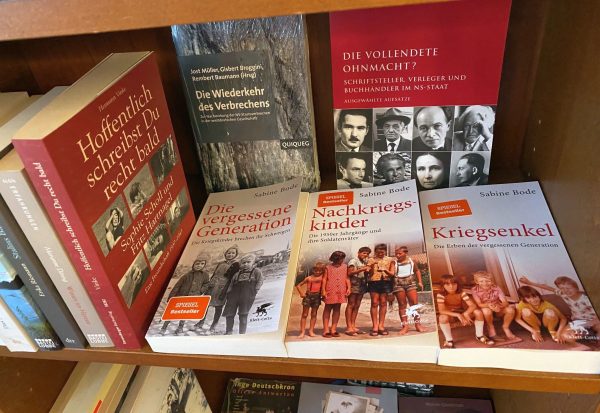In reading up on the « all electric society » it is useful to see what the international market has to offer in innovation of electronics, but also to understand the potential of mass production. In this little research the came across the „Electronics for you magazine“ (LINK) from India is a great source. Trends of miniaturization of electronics and power savings for consumer products as well as some high tech space and wave technologies receive systematic coverage.
The November issue 2024 (p. 63) used the term „ Indigenisation“ to refer to the process of a country’s own technological development to ensure independence from being cut off from advanced technologies. Producing in India for Indian use seems to be an answer to economic and technological risks. India‘s space exploration program builds on own supply for civil and probably military purposes as well. Indigenisation of production, therefore, is an adequate term for own indigenous production of specific advanced components.
Contrary to the trend of globalization, which dominated the 2nd half of the last century, „Indigenisation“ is likely to dominate numerous sectors of the economy in the coming years. Made in India is, of course, a brand. Small countries might find indigenisation more difficult to achieve. It needs to be checked, whether indigenisation or „self-reliance“ (Atmanirhbar Bharat) implies plural societies and identities to the same extent. 




